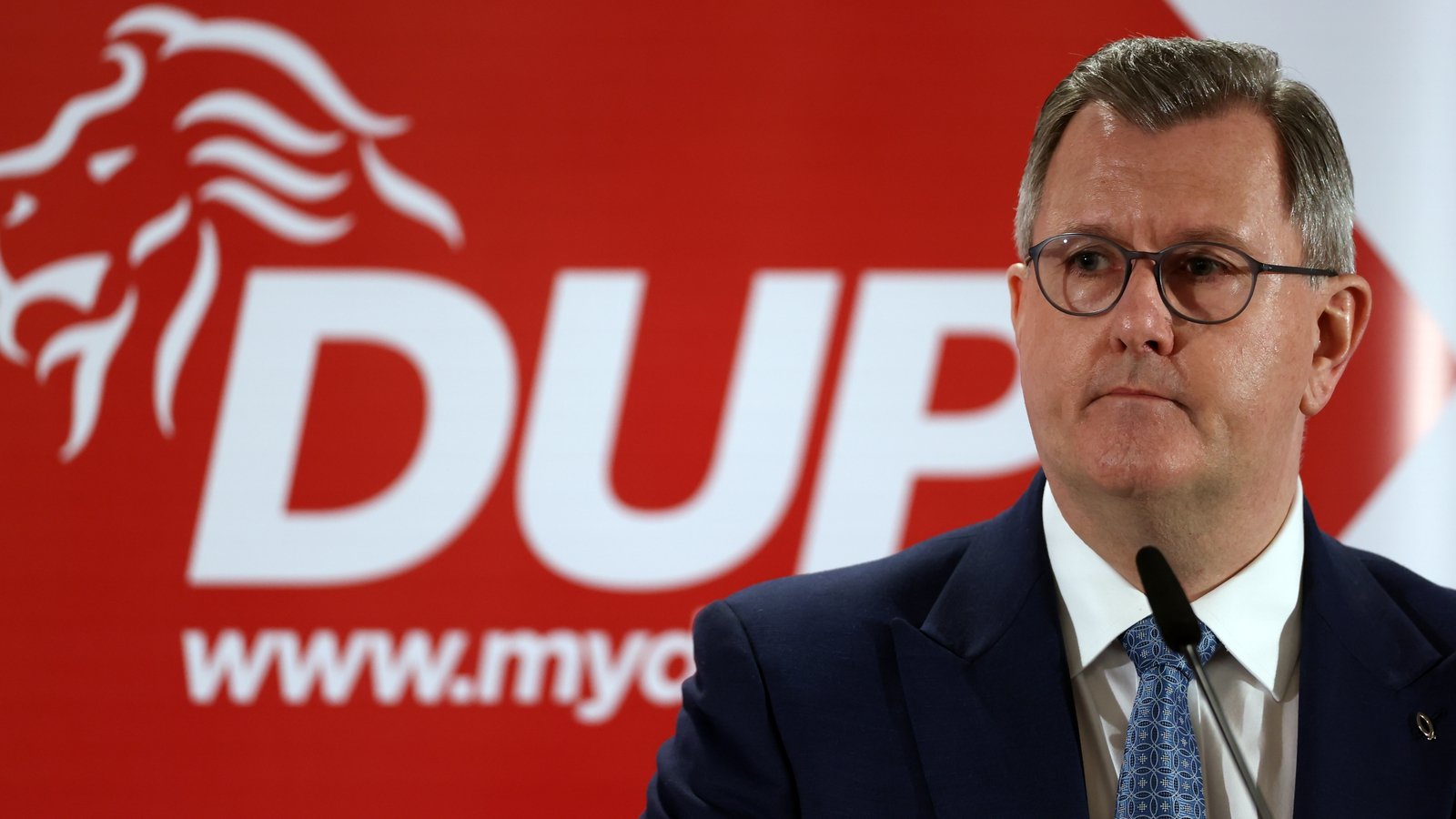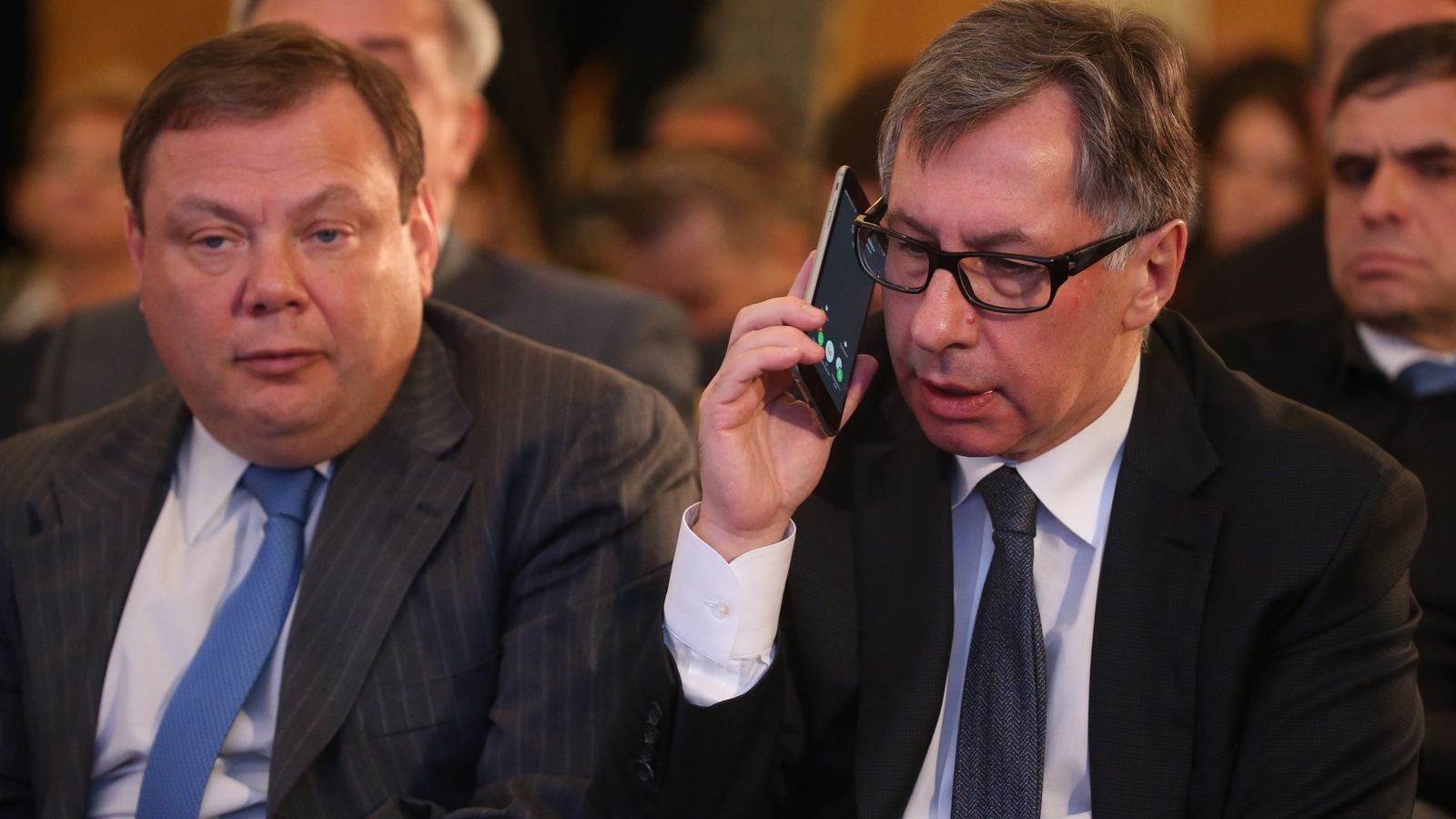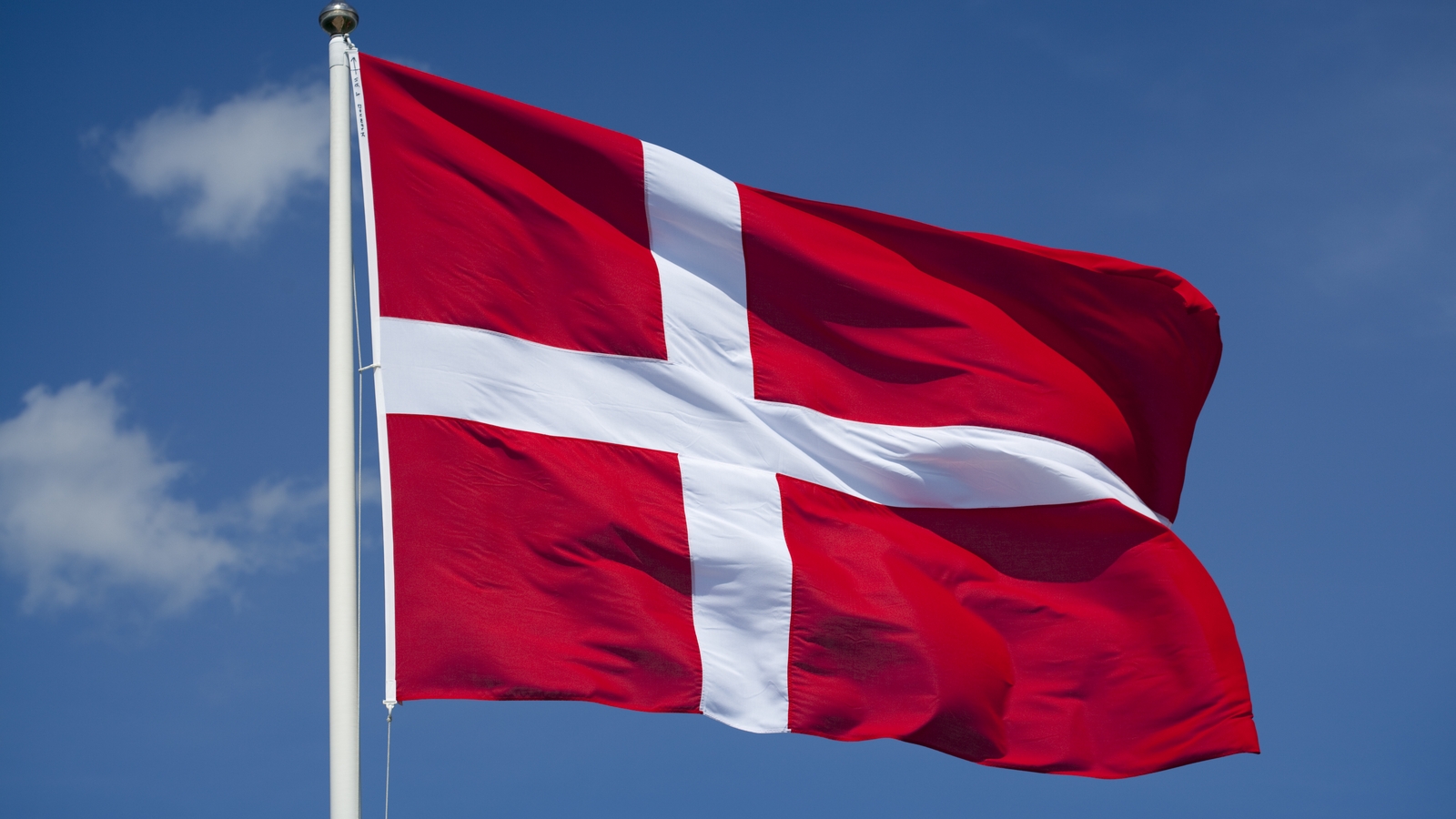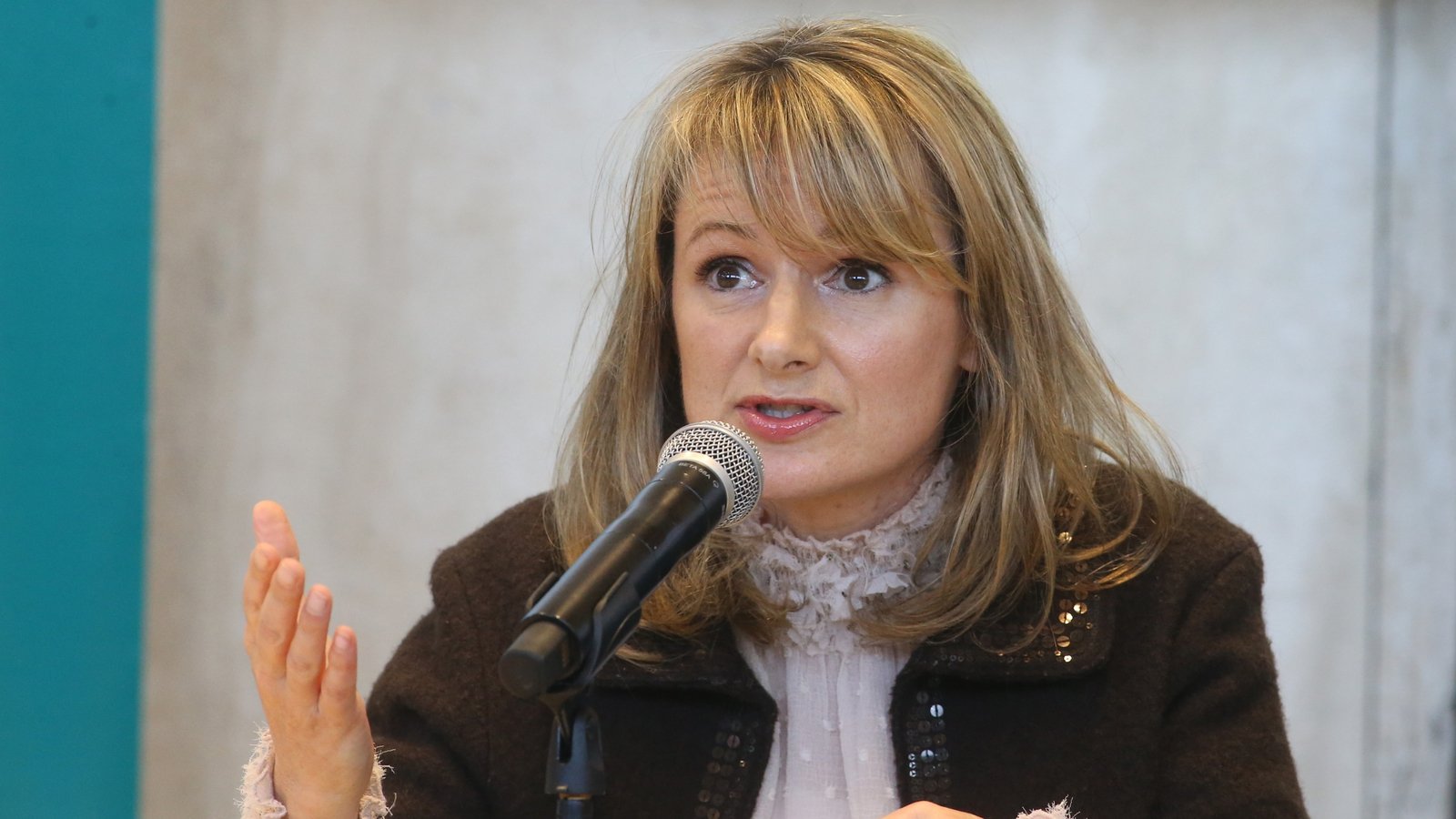Media regulator to review election broadcast moratorium
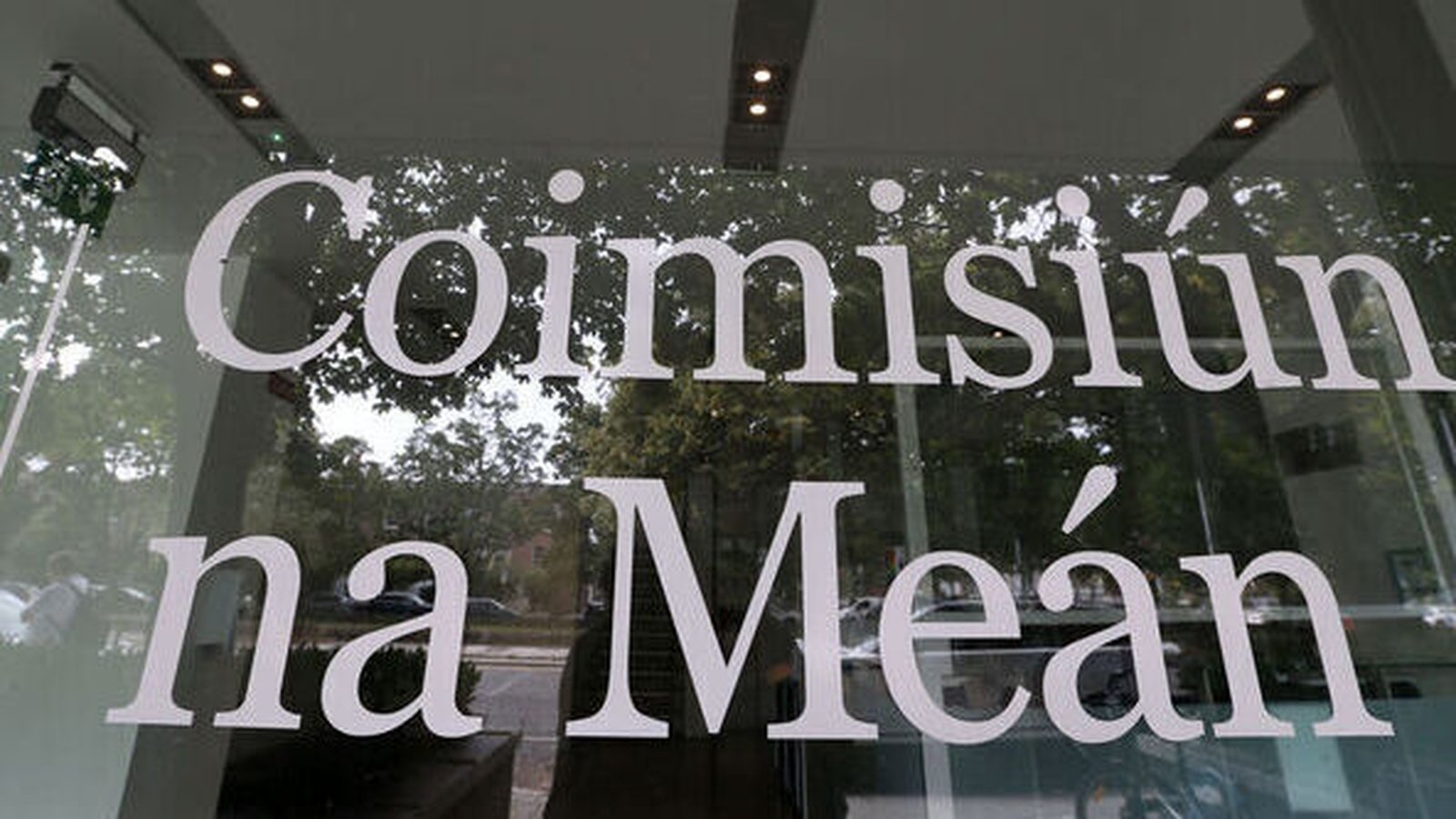
Ireland’s new media regulator is to review the rules around moratoriums on radio and television broadcasts during elections.
A spokesperson for Coimisiún na Meán confirmed to RTÉ’s This Week that it will undertake the review following a “clear” call from stakeholders for it to be removed in recent years.
The review will not be conducted until the end of this year, meaning one will still be implemented during the European and local elections this June.
Currently, television and radio broadcasters cannot report on elections or referendums from 2pm on the day before the polls open until after they are closed.
The rule does not apply to online or social media.
Assistant Professor and Deputy Director of the DCU Institute for Media, Democracy, and Society Eileen Culloty said the current system does not work effectively as allows some sections of media to continue coverage during the period while others cannot.
She said: “The moratorium idea comes from an era of broadcasting when broadcasting was considered the most influential medium.
“So it can seem somewhat absurd now that one sector of the media is not allowed to discuss politics in the 24 hours before an election, but the rest of the media can continue on.”
Disinformation
The news comes as concerns have also been raised about the potential use of disinformation in the lead-up to the upcoming local and European elections, with moratorium periods being highlighted as a vulnerable area.
Last year in Slovakia, fake audio depicting politician Michal Smedjka emerged in the 48 hours before the country’s national elections.
The audio was of a voice similar to Mr Smedjka’s and depicted him conspiring with a journalist to rig the vote.
It was not him in the clip.
Liz Carolan of The Briefing said that Mr Smedjka’s ability to counter the disinformation was hampered by a moratorium which stopped some media from reporting his response until after the polls had closed.
We need your consent to load this rte-player contentWe use rte-player to manage extra content that can set cookies on your device and collect data about your activity. Please review their details and accept them to load the content.Manage Preferences
“That candidate was desperately trying to get the media to respond and to get his message out and to let people know that it was fake, but they observed the moratorium during that period.
“I’m not sure what we should be doing in Ireland in that situation, but it is possible that it could happen here so it warrants at least a discussion about how we would respond to [something like] that,” she said.
A number of actors may try and engage in disinformation to try and influence voters, Ms Carolan added.
“People can make money from disinformation, that can be a strong motivation.
“There can be people who want to use the moment of the election to further a conspiracy or a set of values they hold and I think we are likely to see that around the migration issue,” she said.
Europe
The US State Department as well as a number of European countries have also said that they believe Russia is carrying out disinformation operations aimed at the EU Parliament elections.
Authorities in France, Belgium, Germany, and the Czech Republic have reported Russian campaigns being carried out in their states.
“Those kind of campaigns have mostly focused on division, trying to get people to push to more extremes and getting people to not trust the process and results,” said Ms Carolan.
“But it can also be about trying to influence policy decisions.
“Ireland has taken a very strong role in terms of the two major conflicts going on at the moment and I think that has increased our vulnerability as a country to other actors wanting to influence our domestic politics and the positions that our government takes in ways that we wouldn’t have seen in the past,” she said.
AI and deep fakes
The European Digital Action Service monitors disinformation from around the globe and assesses how it may impact Europe’s security.
Its information analyst Lutz Güllner said the evolution of artificial intelligence has made combating it more challenging.
“It is changing in quality, so the way this disinformation is produced, how it is done, how it is disseminated, which technical means are being used, this is something we see in constant evolution,” he said.
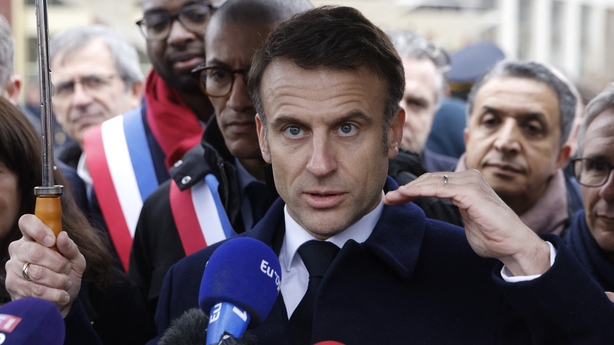
One recent example of video being used came in the form of a fake news report purporting to be from France 24.
It claimed that President Emmanuel Macron cancelled a trip to Kyiv after French authorities uncovered a Ukrainian plot to assassinate him.
Although Mr Macron had postponed a trip to Ukraine, there was no evidence of any assassination plot.
Mr Macron’s decision had come a few days after Russian missiles landed a few hundred metres from the Ukrainian President and Greek Prime Minister while they were in Odesa, a city which Mr Macron had been due to visit.
The fake news report claiming Ukraine was plotting to kill Mr Macron was shared widely across social messaging apps such as Telegram and was also shown on the Russian TV channel Izsvestia, according to Euronews.
Ms Carolan said Russia’s aim is to make countries “more divided” as it can help undermine support for Ukraine.
“I would be very wary or watching out for any influencers or any types of information campaigns that are circulating that seem to be trying to influence public opinion or government action when it comes to the conflict in Ukraine in particular.
“Thinking about the debates we have here about NATO or alignment and neutrality, that’s a particular vulnerability that we have in terms of both stoking division and trying to influence policy position here,” Ms Carolan said.
Dr Culloty said that there is a “huge expectation” that disinformation will be used ahead of the elections.
“On one hand because there are more candidates going, and there are candidates that are known to engage in disinformation themselves.
“But also at an EU level there is an expectation that there will be a lot of disinformation about the EU itself, coming from Russia or other actors, and that could potentially spread to Ireland as well,” she said.
No dedicated Irish watchdog
There is no dedicated body to monitor disinformation in Ireland.
Dr Culloty said: “There’s been a huge amount of regulation recently and disinformation falls through the cracks.
“There’s an electoral commission that’s supposed to have powers around disinformation but those powers haven’t been enacted.
“There’s a new media commission, Coimisiún na Meán, which has a suite of new powers around digital media but disinformation isn’t specifically one of them.
“So we’re very much reliant on journalists and news media to monitor what’s going on.
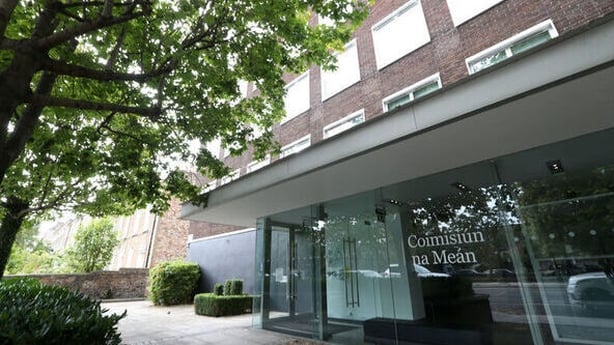
“In Ireland that falls to all the media, but The Journal is part of a fact-checking network that will be looking at what’s happening around the European Elections, and we really need to support media that’s trying to address the problem.”
One thing Ireland’s Electoral Commission is looking at is a disinformation register, similar to one that was implemented in Australia.
Such a register would see the commission address any false information regarding voting specifically.
If disinformation circulates that questions the voting process, it would address it and attempt to dispel any rumours or falsehoods.
Other countries are also looking at the issue in the context of national security.
In France, there is a new agency that looks at combating fake news that undermines the state.
Mr Güllner said: “It is looking at exactly this issue, as foreign interference in our digital space.
“Another model would that our Swedish colleagues have created.
“The Agency for Phycological Defence is not only looking at detection and analysis but also looking at resilience building or strengthening of resilience at a societal level.
“So a lot of training, awareness raising, going out to the population and also advising the government.
“There are plenty of different ways of how to do this and I think it’s important to have this debate both in the member states but also at the level of the European Union on what are appropriate structures to deal with this threat.”

